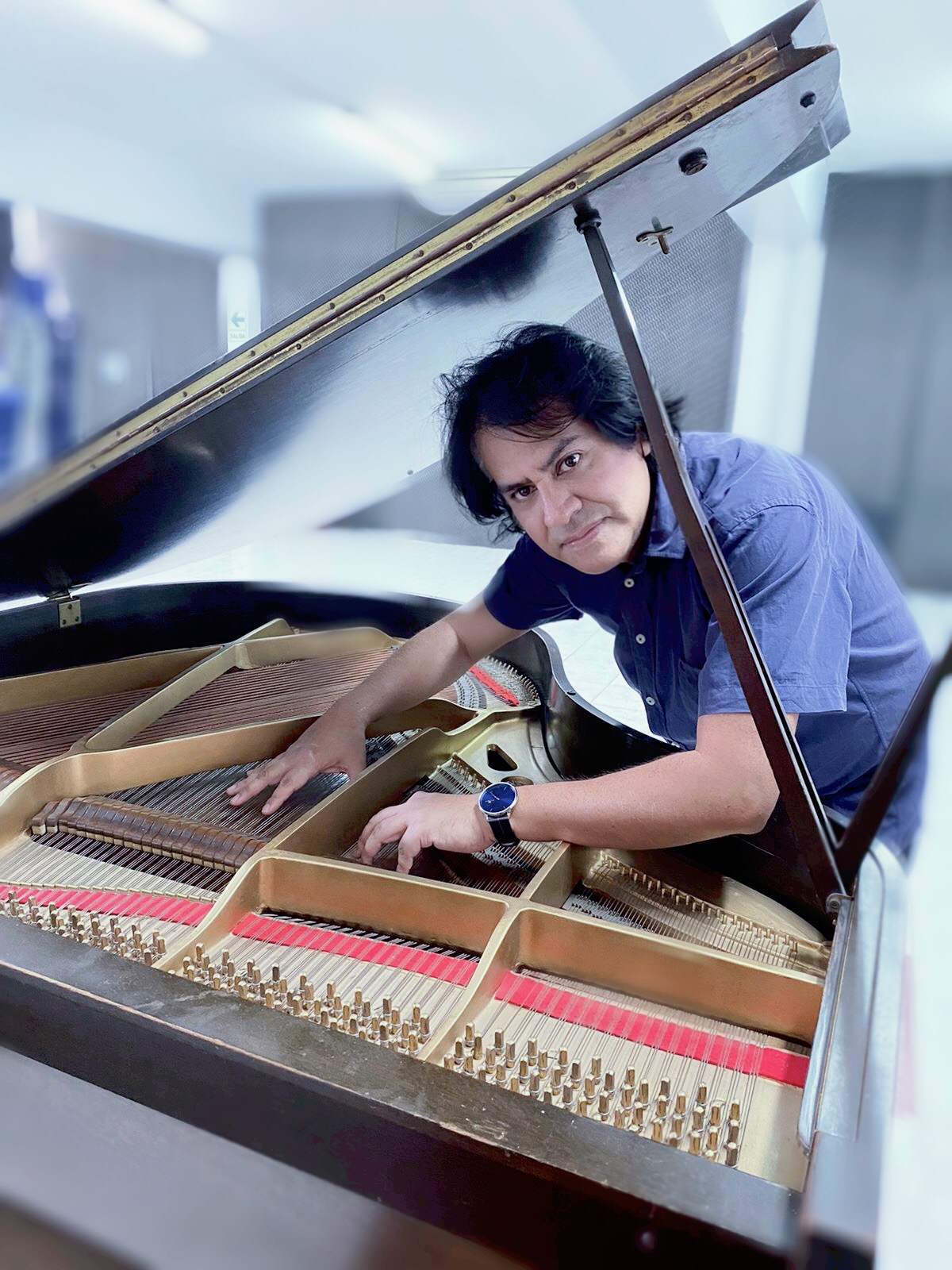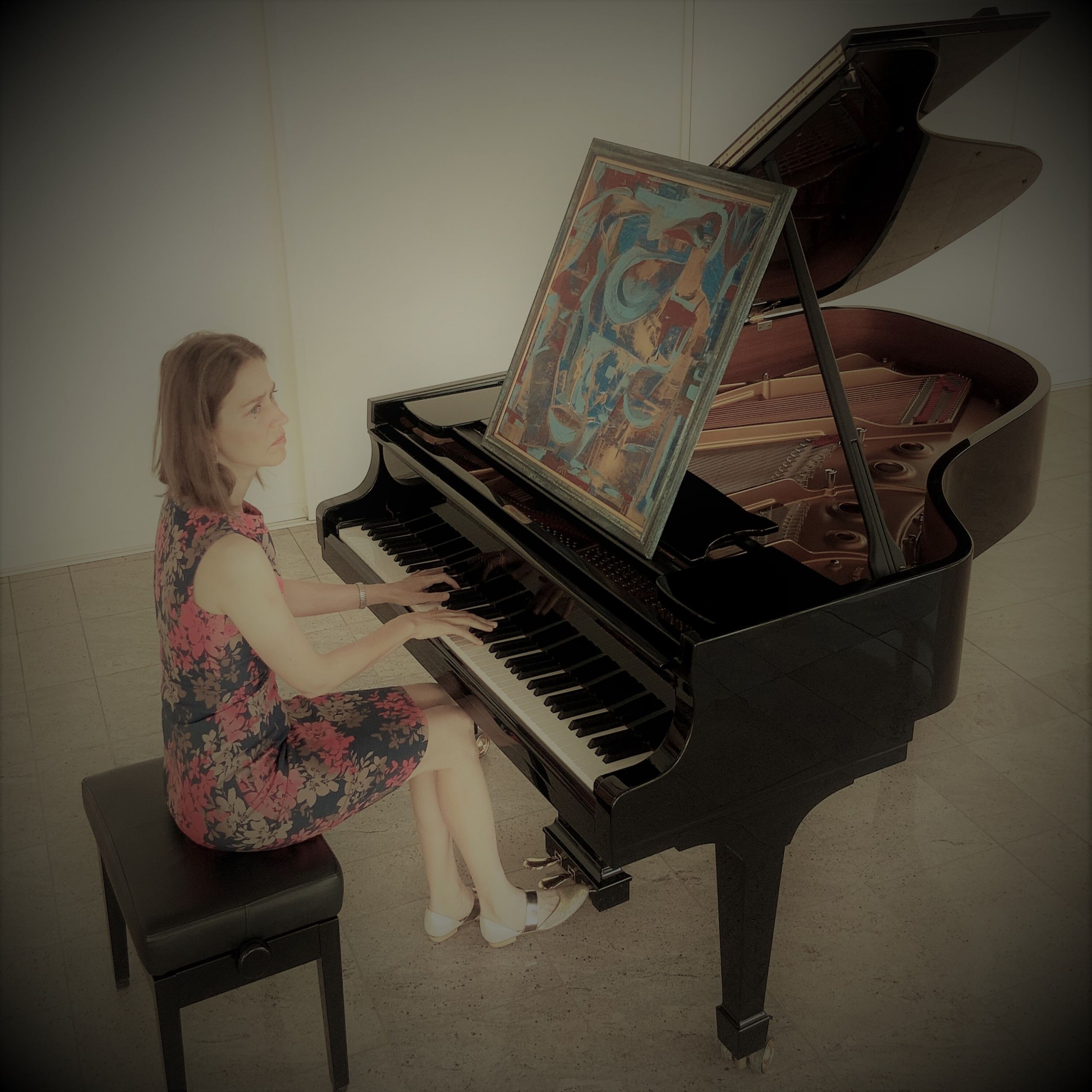About
Juan Carlos Jiménez Salcedo is a Peruvian composer and pianist. He studied piano at the José María Valle Riestra Superior School of Music in the city of Piura, and later studied musical composition at the Carlos Valderrama Regional Conservatory of the North in the city of Trujillo. He has studied with the composers: Fernando Fernández Muñoz (Peru), PhD. Daniel Rojas (Australia), Arthur Barboza (Brazil), he is also currently part of the Germina.Cciones project with the Italian teacher Luca Belcastro. JuanCarlos's works have been performed in Peru, Brazil, Venezuela, Costa Rica, Mexico, France and USA. His works include piano music, chamber music, and orchestral music. Since 2009 he has been working at the Conservatory of Music of the Peruvian Union University, and also conducts the university's orchestra. In addition he works at the Josafat Roel Pineda Conservatory of Lima. He is currently studying a master's degree in Music Composition and New Technologies with the International University of La Rioja (Spain)

